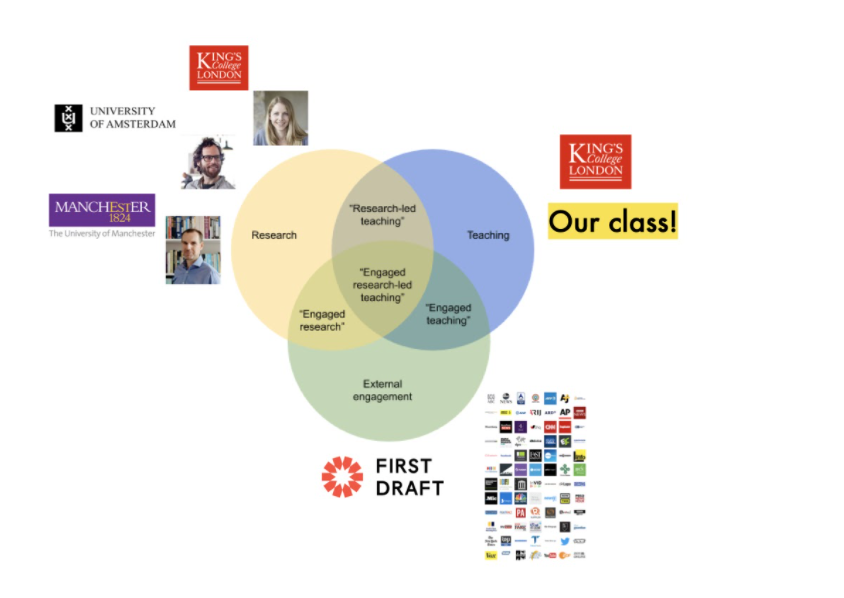Blog post by By Emillie de Keulenaar, Francisco Kerche, Giulia Tucci, Janna Joceli Omena and Thais Lobo [alphabetical order].
Brazilian political bots have been active since 2014 to influence elections through the creation and maintenance of fake profiles across social media platforms. In 2017, bots’ influence and forms of interference gained a new status with the emergence of “bot factories” acting in support of Jair Bolsonaro’s election and presidency. What we call bolsobots are inauthentic social media accounts created to consistently support Bolsonaro’s political agenda over the years, namely Bolsonaro as a political candidate, President, and avatar of a conservative and militaristic vision of Brazilian history, where social discipline, Christian values and a strong but economically liberal state aim to uproot the decadent influence of “socialism” (Messenberg, 2019). From viralising or spreading hashtags to establishing target audiences with pro-Bolsonaro “slogan accounts” with a strong, visual presence, these bots have also been tied to documented disinformation campaigns (Lobo & Carvalho, 2018; Militão & Rebello, 2019; Santini, Salles, & Tucci, 2021). Despite the efforts of social media platforms, including Whatsapp and Telegram, to restrict their more or less coordinated inauthentic activities (Euronews, 2021), bolsobots still exist and actively adapt to online cultures.
Accounting for the upcoming Brazilian 2022 elections, the project Profiling Bolsobots Networks investigates the practices of pro- and anti- Bolsonaro bots across Instagram, Twitter and TikTok. It aims to empirically demonstrate how to capture the operation of bolsobot networks; the types of accounts that constitute bot ecologies; how (differently) bots behave and promote content; how bolsobots change over time and across platforms, pending to different cultures of authenticity; and, finally, how platform moderation policies may impact their activities over time. In doing so, the project will produce a series of research reports on “bolsobot” networks and digital methods recipes to further the understanding of bots’ presence and influence in the communication ecosystem.
We are (so far) a group of six scholars collaborating on this project: Janna Joceli Omena (Public Data Lab / iNOVA Media Lab / University of Warwick), Thais Lobo (Public Data Lab / King’s College London), Francisco Kerche (Universidade Federal do Rio de Janeiro), Giulia Tucci (Universidade Federal do Rio de Janeiro), Emillie de Keulenaar (OILab / University of Groningen) and Elias Bitencourt (Universidade do Estado da Bahia). Below are some of the preliminary outputs of the project.
Continue reading →



